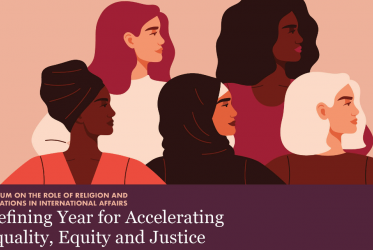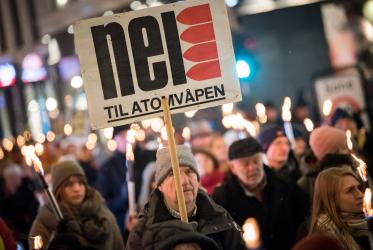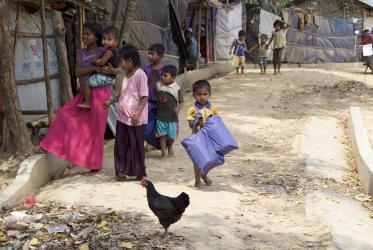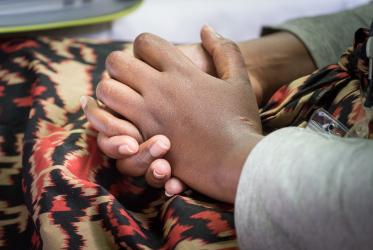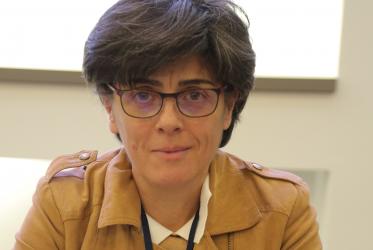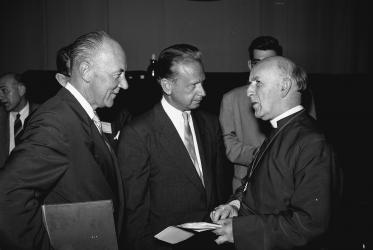Displaying 81 - 100 of 459
“From faith to action” conference will explore ways to protect children’s rights affected by migration
10 - 11 December 2020
Online
As olive harvest draws to a close, who is helping the farmers?
08 December 2020
WCC stands behind “Statement on Faith in Action for Children”
26 November 2020
Fr Jamal Khader: “We need to keep hope alive” in Palestine
25 November 2020
Sudanese church leaders express hope that new pact will end war
08 October 2020
Hope prevails in times of crisis in Lebanon
14 September 2020
South Sudan Church leaders welcome new cabinet
15 March 2020
Freedom of religion rooted in justice
06 March 2020
WCC reiterates standpoints against antisemitism
20 January 2020

